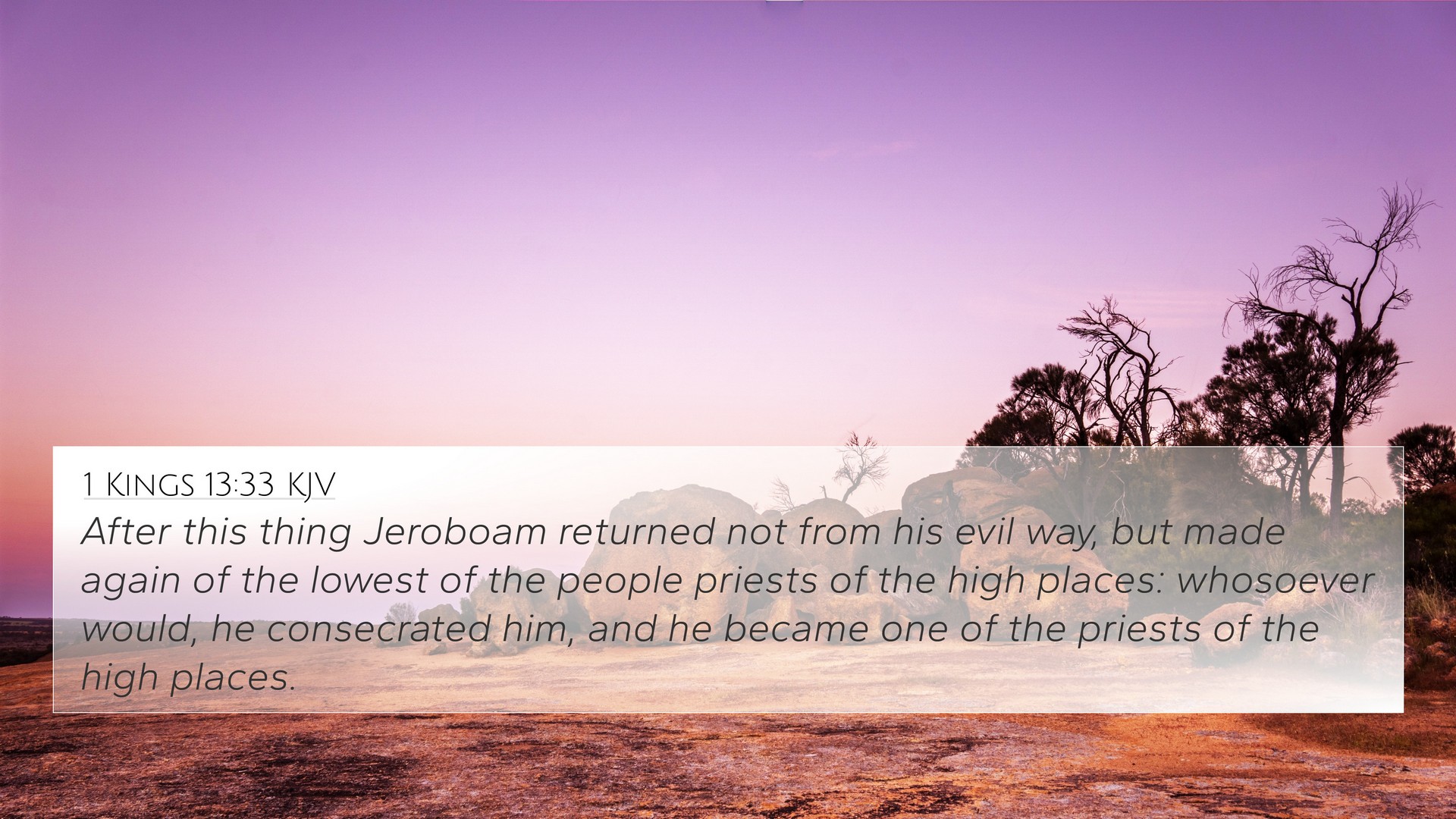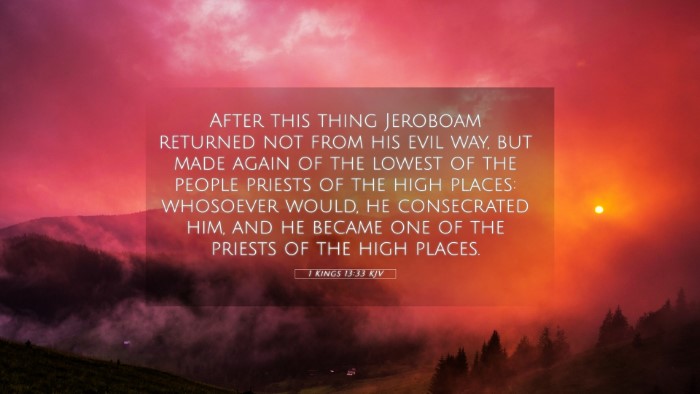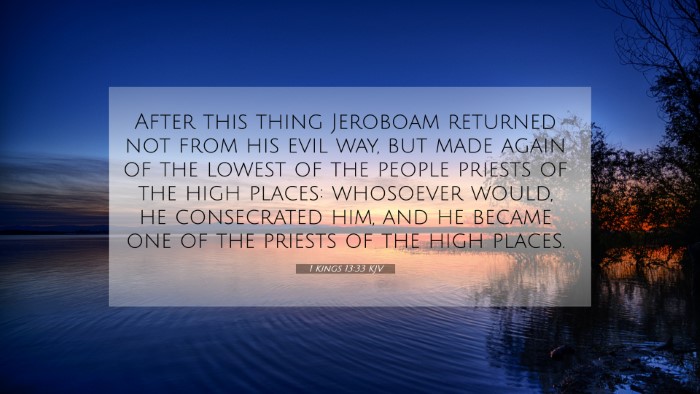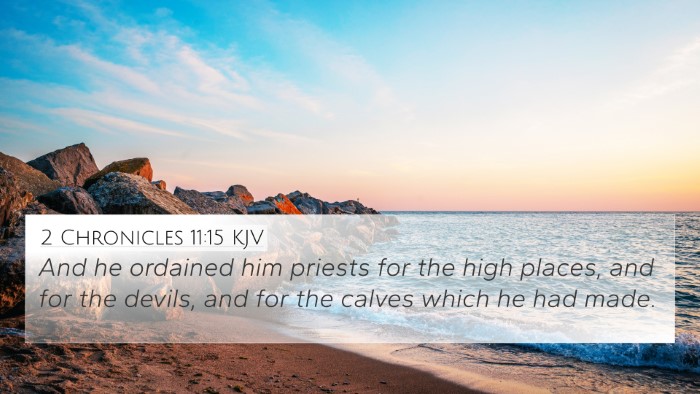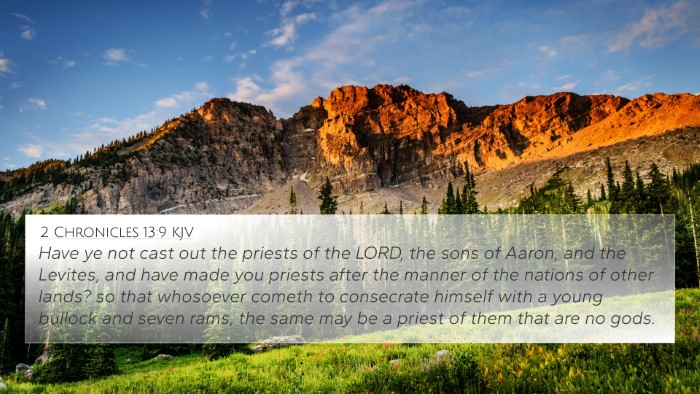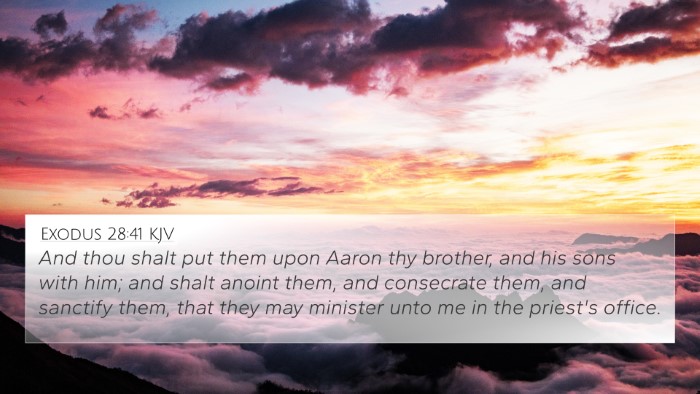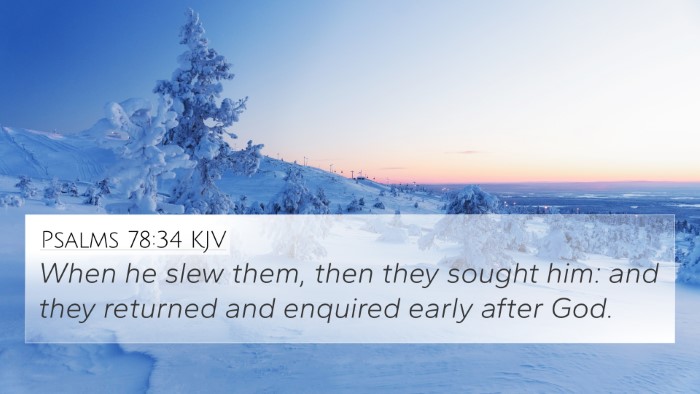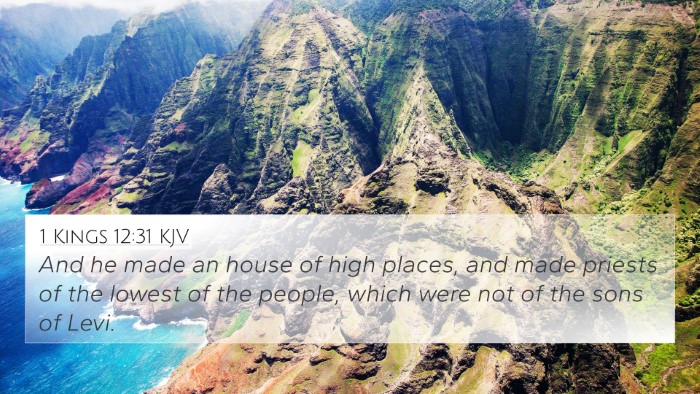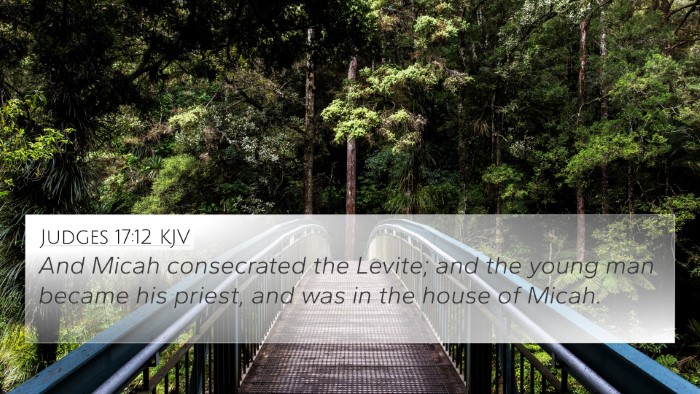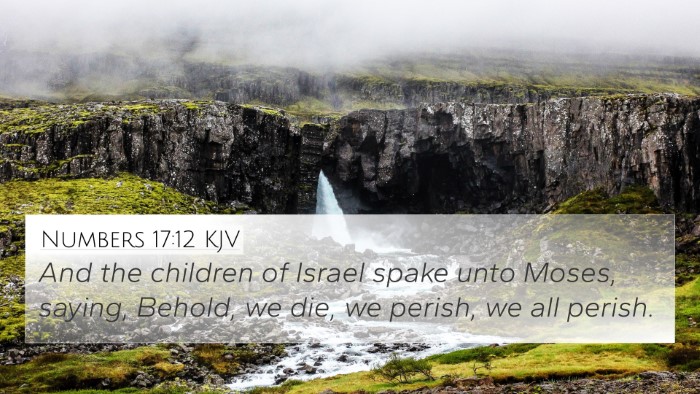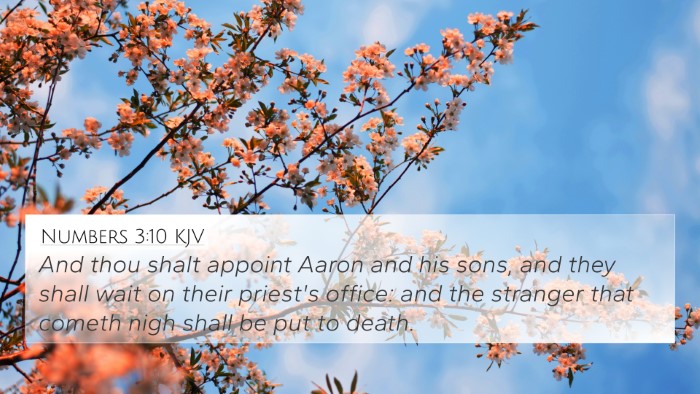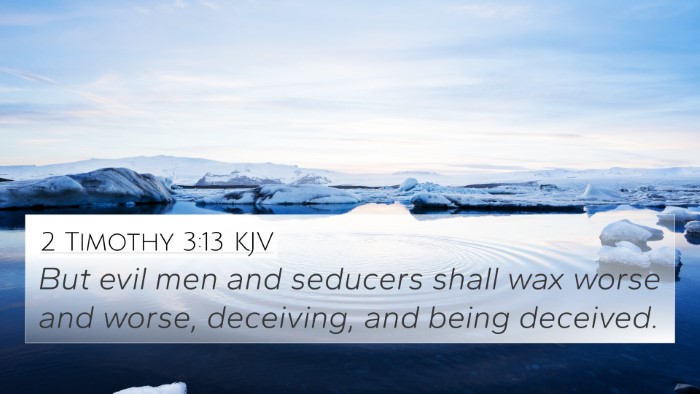Understanding 1 Kings 13:33
Verse Context: 1 Kings 13:33 states: "After this thing Jeroboam returned not from his evil way, but made again of the lowest of the people priests of the high places: whosoever would, he consecrated him, and he became one of the priests of the high places." This instance highlights the continued rebellion of Jeroboam after the prophetic warning he received concerning his actions.
Summary of Meanings
This verse serves as a critical observation of Jeroboam's persistent defiance against God’s commandments. Despite clear signs and prophecies urging repentance, Jeroboam chooses instead to deepen his sinful practices, showcasing a recurring theme of human disobedience.
Commentary Insights
-
Matthew Henry:
Henry emphasizes the folly of Jeroboam's actions, stressing how he stubbornly continued in sin, which illustrates the pervasive nature of idolatry in the kingdom of Israel. His choices reveal not only a personal downfall but also lead the nation further astray, as he appointed unqualified priests to support his false worship.
-
Albert Barnes:
Barnes noted that Jeroboam's actions were both politically and religiously motivated. By creating a new priesthood, he sought to establish his authority over the nation. However, this was a tragic mistake, leading to illegitimacy in worship, which directly contravened divine law.
-
Adam Clarke:
Clarke speaks to the issue of Jeroboam’s heart in this passage. He sees Jeroboam's actions as indicative of a man more concerned with power and control over a genuine relationship with God. As alluded to in this verse, Jeroboam's choice to make the lowest of the people priests demonstrates a decline in spiritual values.
Key Themes and Applications
1 Kings 13:33 illustrates several important themes:
- The Danger of Disobedience: Continuous sin not only affects the individual but also leads others into error.
- Leadership and Accountability: Leaders have a responsibility to guide their followers towards righteousness, not further astray.
- The Nature of Idolatry: The appointment of unqualified priests emphasizes the ease with which idolatry can become institutionalized.
- God’s Justice: A reminder of God's impending judgment against persistent sin and rebellion against His will.
Cross-References
This verse connects with various passages that explore similar themes regarding disobedience, false worship, and the consequences of sin:
- 1 Kings 12:28-30: Jeroboam’s establishment of golden calves for worship.
- Exodus 32:1-5: The creation of a golden calf by the Israelites.
- 2 Chronicles 11:15: Jeroboam’s appointment of priests not from the Levitical line.
- Deuteronomy 12:5-14: Instructions on worshiping God in the designated place.
- Isaiah 9:16: Woes pronounced against leaders who mislead their people.
- Jeremiah 23:1-2: God’s warning against shepherds who scatter sheep.
- Matthew 7:15: The call to beware of false prophets.
- Romans 1:21-23: The consequences of turning away from God’s truth.
- Galatians 5:9: A little leaven leavens the whole lump, emphasizing the impact of sin.
- Revelation 2:5: A call to repentance and return to the first love.
Conclusion
The verse serves as a stark reminder of how disobedience can quickly lead to spiritual and moral decay. Reflecting on 1 Kings 13:33 prompts us to examine our own lives and the integrity of our worship. Whether through leadership or personal faith, it encourages us to be vigilant against the temptations of idolatry and the willful abandonment of God's commandments.
Additional Tools for Cross-Referencing
To further understand the connections between Bible verses, consider using the following tools:
- Bible Concordance: A valuable resource for locating words and their occurrences throughout scripture.
- Bible Cross-Reference Guide: Guides that provide insights into related verses, enhancing Biblical study.
- Cross-Reference Bible Study: Methods designed to explore themes across multiple scripture references.
